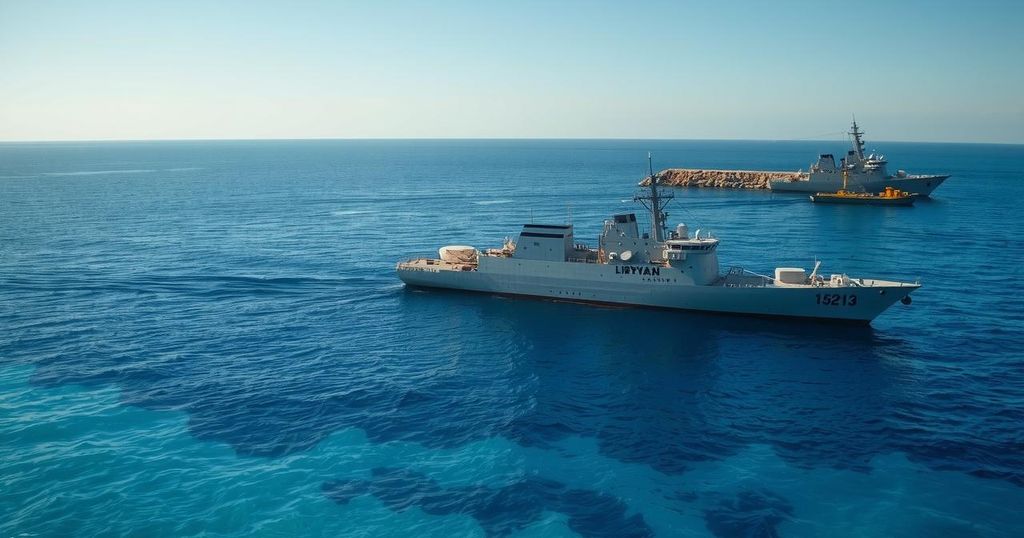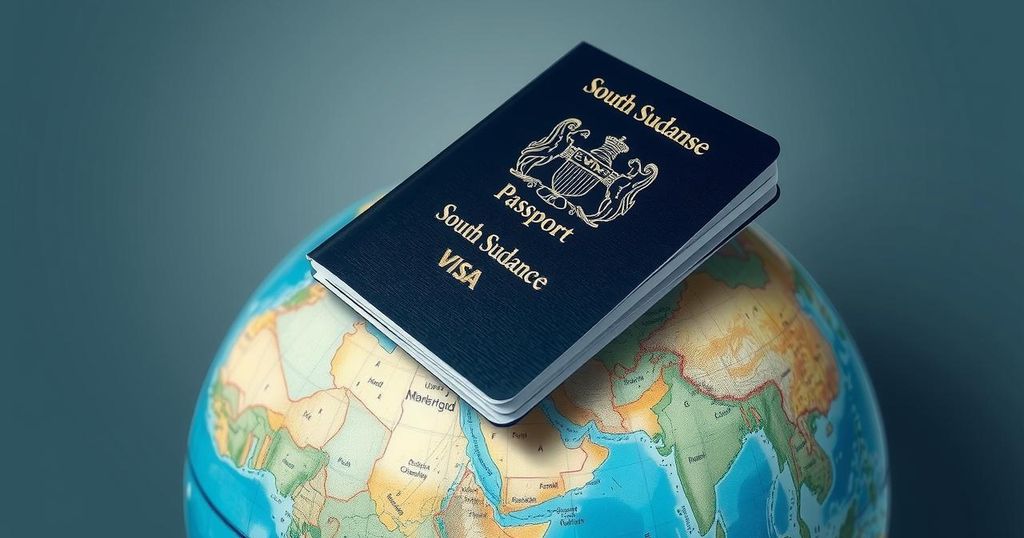In August 1980, a Libyan warship halted oil drilling operations by a Maltese-contracted rig on the Medina Bank, amid a longstanding boundary dispute. Malta sought UN protection as the incident escalated, eventually leading to a decision by the International Court of Justice favoring Libya. This incident illustrates the challenges Malta faces in asserting sovereignty while maintaining its neutral status in the face of aggression.
In August 1980, a Libyan warship intervened to halt oil drilling operations by a Maltese-contracted rig on the Medina Bank, an event chronicled by Kurt Sansone. This confrontation arose amidst an ongoing dispute over the demarcation of the continental shelf between Malta and Libya, which had escalated since 1972. The incident occurred on August 20, 1980, as Texaco’s oil workers were unexpectedly ordered to cease drilling operations due to the warship’s presence.
The Libyan government adopted a militaristic approach to assert its claim over the contested maritime area, thereby forcing Malta to abandon exploration efforts. Following this incident, Malta’s Permanent Representative to the United Nations, Victor J. Gauci, reached out to the Security Council for protection. His correspondence highlighted that the Libyan vessel remained anchored near the rig until drilling operations were terminated, reflecting a clear violation of Malta’s rights.
Malta’s Prime Minister, Dom Mintoff, condemned Libya’s actions, emphasizing the importance of peaceful relations despite their historical ties. The situation was emblematic of a broader dispute regarding the continental shelf’s boundary that was ultimately decided by the International Court of Justice in 1985. Previously, Malta had aspired to boost its economy post-British military base with oil exploration but had faced Libya’s persistent objections that eventually led to this military confrontation.
The underlying disagreement began after Malta’s government sought to establish an equidistant dividing line between the two nations, which Libya contested using geological arguments. Tensions escalated after Malta’s parliament ratified a 1976 agreement to refer the matter to the International Court of Justice, an agreement that Libya delayed to ratify, raising further frustrations within Malta’s political sphere.
As Malta took steps to commence drilling operations, the Libyan government issued formal protests, culminating in the warship’s deployment. Despite efforts to amicably resolve the dispute, Libya resorted to threats, ultimately halting Malta’s exploratory endeavors. The International Court of Justice eventually ruled in favor of Libya, adjusting the median line, a consequence highlighting Malta’s diminished territorial claims at sea.
The incident serves as a historical reminder of the challenges Malta faces in asserting its sovereignty and neutrality in conflicts with more aggressive states. Despite efforts to cement its neutral status and security assurances from various countries, the use of military force by Libya underscores that neutrality may not suffice to prevent coercive actions. Today, Malta remains vigilant regarding its defense capabilities, amid concerns over regional security and hybrid threats. Such incidents warrant ongoing evaluation of how Malta can enhance its security framework while maintaining its constitutional neutrality.
The 1980 Libyan warship incident effectively marked a significant moment in Malta’s quest for oil exploration and sovereignty over its maritime resources. As Libya asserted military force to quash Malta’s drilling efforts, it underscored the complexities involved in international territorial disputes, especially for smaller nations. This historical event highlights the enduring necessity for Malta to enhance its defense mechanisms, considering the potential for aggressive actions in the contemporary geopolitical landscape, while striving for peace and neutrality.
Original Source: www.maltatoday.com.mt




